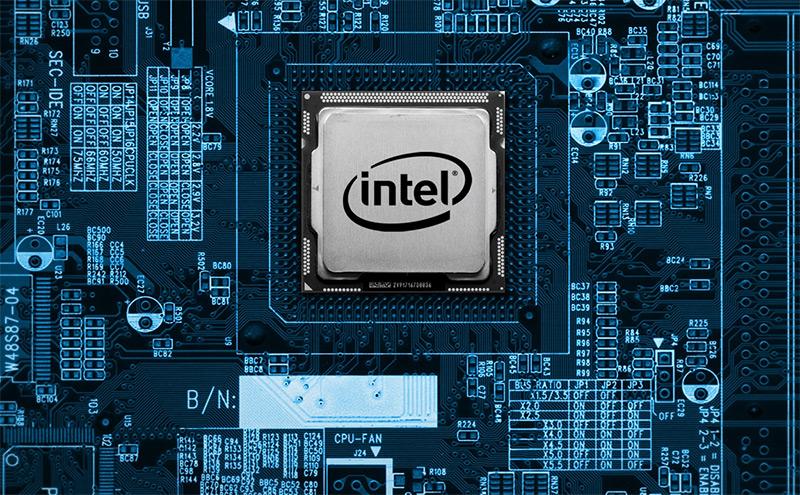
For the past ten years, Intel has successfully managed to shrink the manufacturing process for their CPUs every two years. However, with each shrink of the process node there are complications to deal with, which is why Intel has announced that the jump to 10nm from their existing 14nm process has been delayed.
The delay means that Intel's upcoming Cannon Lake family of CPUs, built on a 10nm process, will arrive in the second half of 2017, as Intel's development cycle for new process nodes has extended from two years to two-and-a-half years. In the interim, Intel will release a third family of 14nm CPUs to bridge the gap between Skylake and Cannon Lake.
This new line of 14nm CPUs will supposedly include "key performance enhancements", at least according to Intel CEO Brian Krzanich. Intel hasn't officially given this new 14nm family a codename yet, although various rumors have suggested it will be known as 'Kaby Lake'.
The introduction of a third 14nm CPU, almost certainly scheduled for release next year, means that Intel's long-standing 'tick-tock' development cycle is over. The company hopes to eventually bring back a two year cycle for process node development, but that might require a new breakthrough in die shrinking technology.
In the mean time Intel is expected to launch Skylake, the company's second family of processors built at 14nm, in just a few months, bringing the usual improvements to CPU and GPU performance, as well as power consumption.
https://www.techspot.com/news/61387-intel-delays-10nm-process-2017-release-third-14nm.html